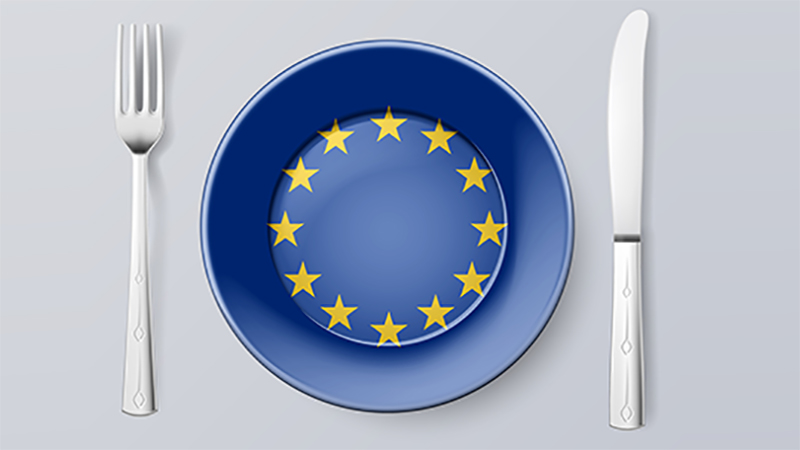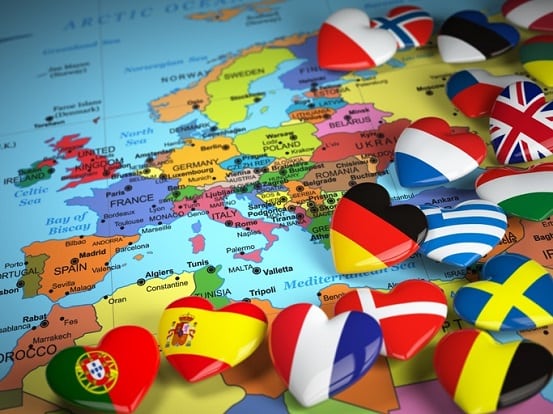Eurozone inflation tempers to 2.4% for March
Industry commentators debate June rate cuts in wake of inflation results

Industry commentators debate June rate cuts in wake of inflation results

Investors may be underestimating the potential fillip to the global economy from future rate cuts

‘After an initial surge of pent-up demand as lock-downs eased, the pace of recovery has slowed’

BBC broadcaster Andrew Neil warns fund buyers over ‘dangerous’ deflation

EU and Italian standoff has reignited eurozone debt concerns

Italy’s government backtracked on spending plans following a negative reaction, but further EU clashes expected

Snowy sub-zero weather has been blamed for the first quarter fall in growth. Will the bloc rebound?

Recent statistics from Eurostat showed that the European Union economy expanded at its fastest rate for 10 years in 2017, registering a 2.5% increase on the year before.

Europe has had a tricky time of it in the decade following the financial crisis and 2017 was tipped to be no different, predicted to be a rollercoaster of populist politics and volatile markets.

Greece has returned to the bond market for the first time in three years after issuing its first five-year euro-denominated bond at a yield of around 4.75%.

European markets have signalled their approval for an eleventh-hour EU and IMF deal to provide Greece with another giant loan.

Europe is dividing opinions after softer economic sentiment data failed to live up to forecasters’ optimistic predictions on Tuesday (30 May).